Skrupulatom na ratunek
Isa. 52,7-10 / Ps. 96 / 2 Tim. 4,1-8 / Mt. 5,13-19
[8th of August 2025 / Feast of St. Dominic]
The closing sentence of the Polish Dominican Province’s vocation prayers resonates with me every time I recite it (that is, daily). It goes like this: „Let us, through the intercession of Your Most Holy Mother, Protectress of our Order, become swordsmen of the faith and a light, dispersing indifference and darkness of sin.”
As Christians, we are the light. We must be. Jesus was explicit about that, so it’s not a matter of choice. He called us the light because He is the Light of the world. As His disciples, we are called to bring light into every sphere we enter, whether it refers to ideas, relationships, or actions. This is a crucial question every Christian should ask: Am I the light? Do I allow the Lord to shine through me so that others may see it and praise the heavenly Father?
Then, there remains the issue of the nature of the light that I embody and my mode of existing in the world. The light we have received is not artificial. It does not resemble LED-powered lamps that emit a pure yet indifferent radiance. Christ came to cast fire upon the earth, and fire engages with the things it touches. It provides warmth and comfort. It burns and transforms. It can even refine and purify the hard materials upon which it operates. True Christianity must encompass all these capabilities, for faith is the opposite of indifference and neglect.
The metaphor of light captures the spirit and inner workings of Christian vocation in the deepest sense of the term. It also conveys much about the specific Dominican vocation. Our father, St. Dominic, is remembered as the one who illuminated his time through his spirit and deeds. Thus, the antiphon „O lumen” honours him primarily through the image of light. Light is in our heritage. Consequently, we do not remain true to our identity when we stand aside or sit at the back–when we fail to engage with the surrounding ideas or the broader culture.
We are the light. We must be. Otherwise, we are of no use.
[Translated by Jolanta Brózda-Wisniewska. Edited by Daniel Wisniewski]
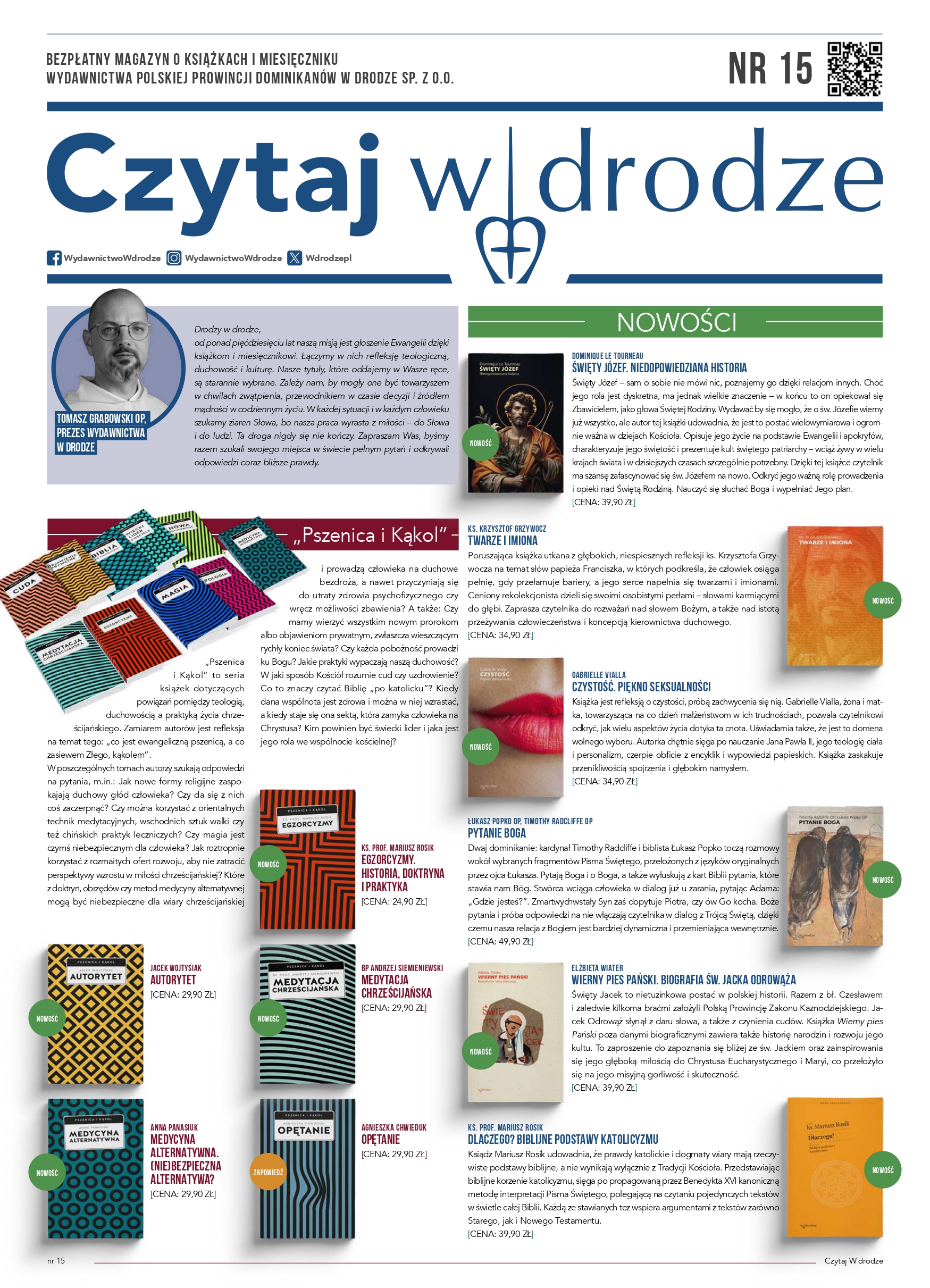
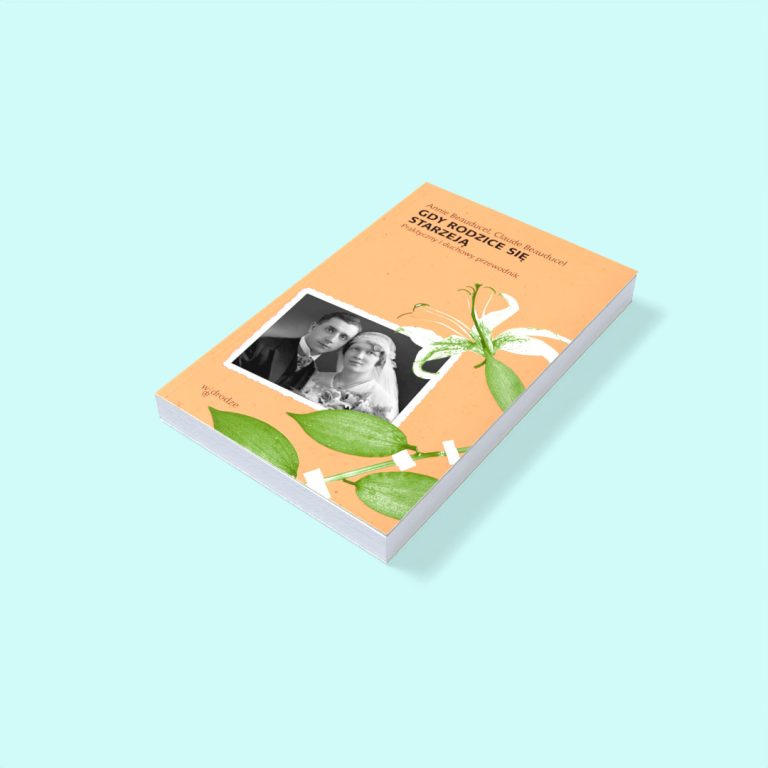
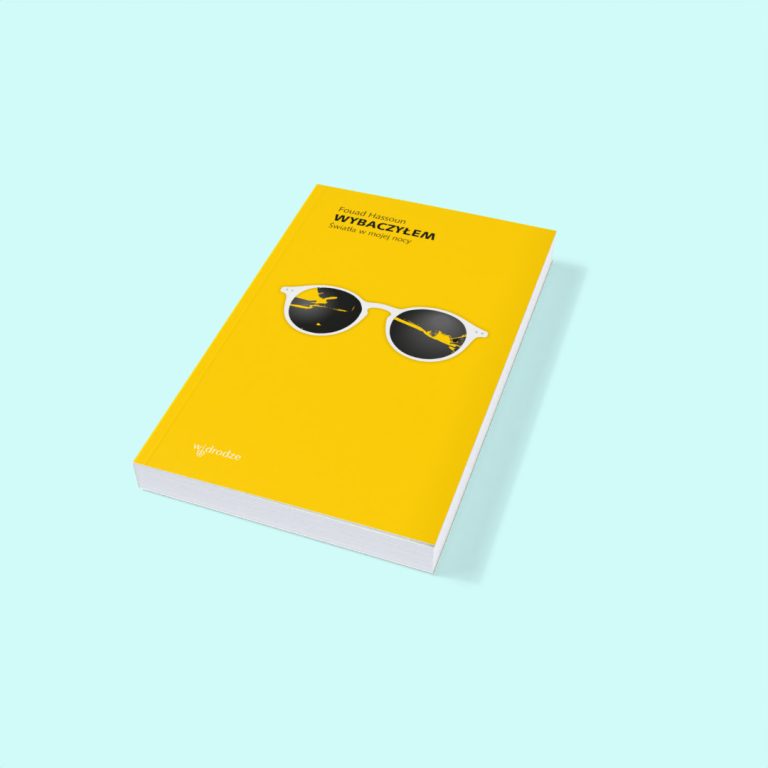
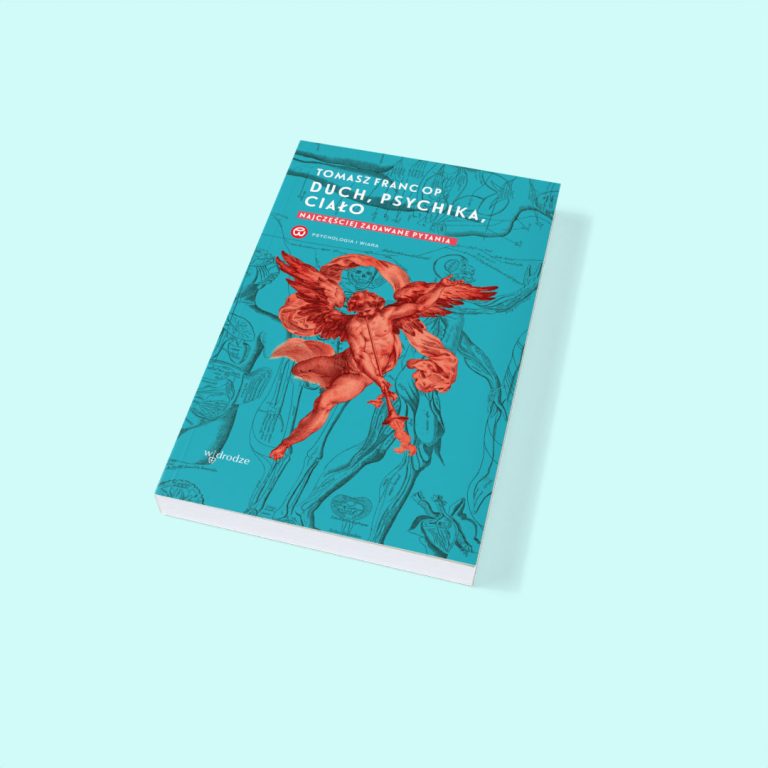
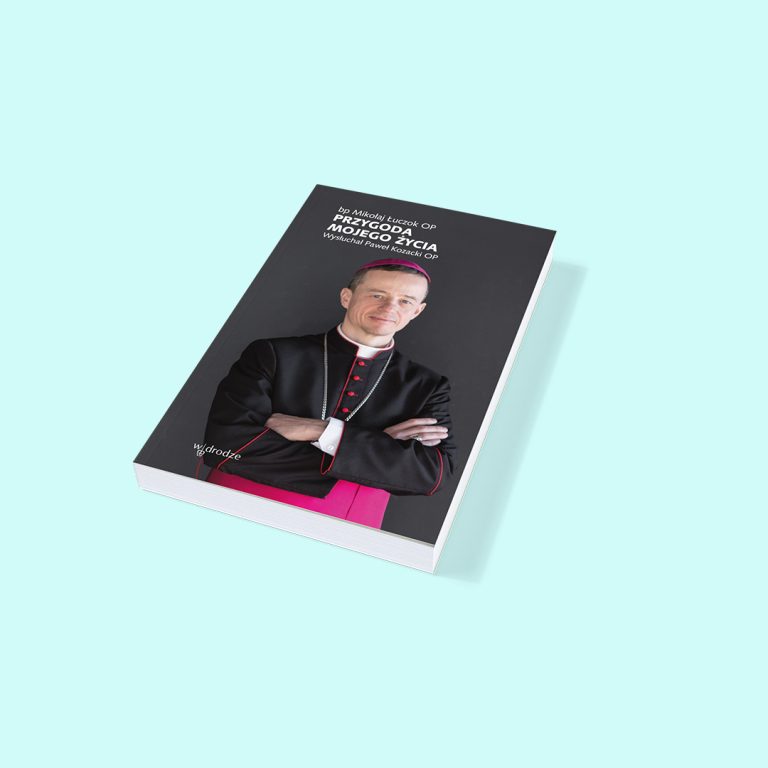
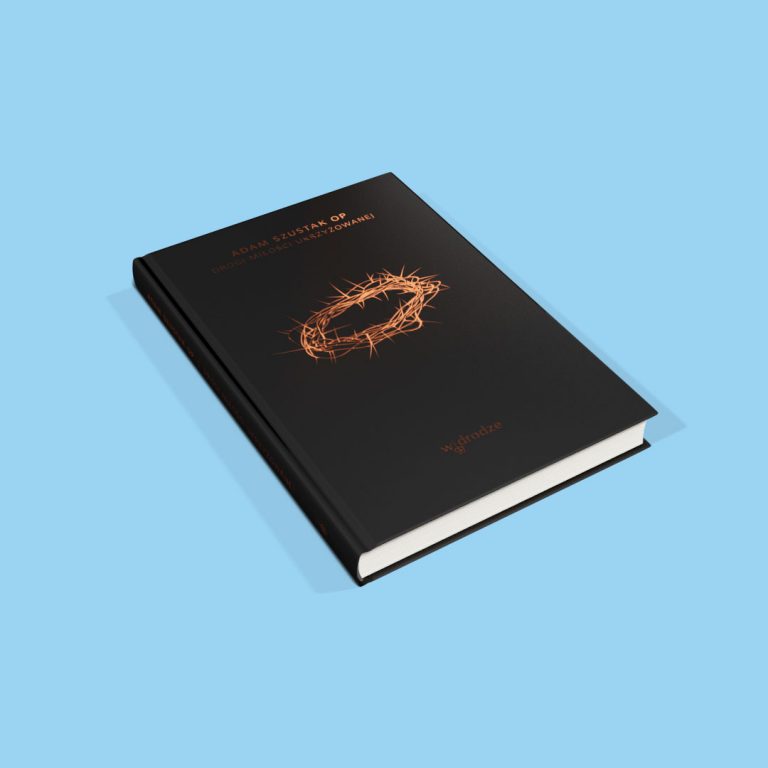
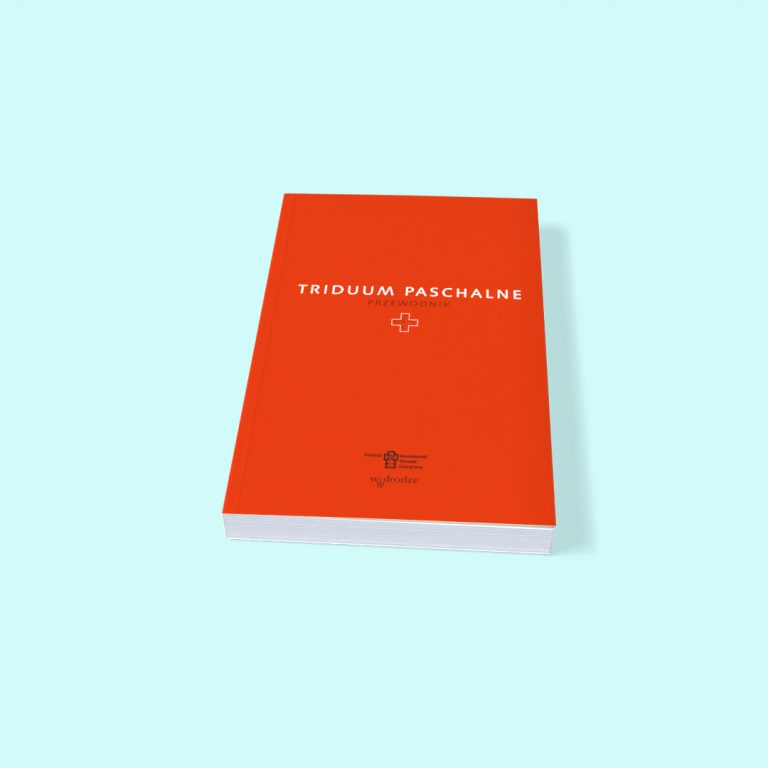
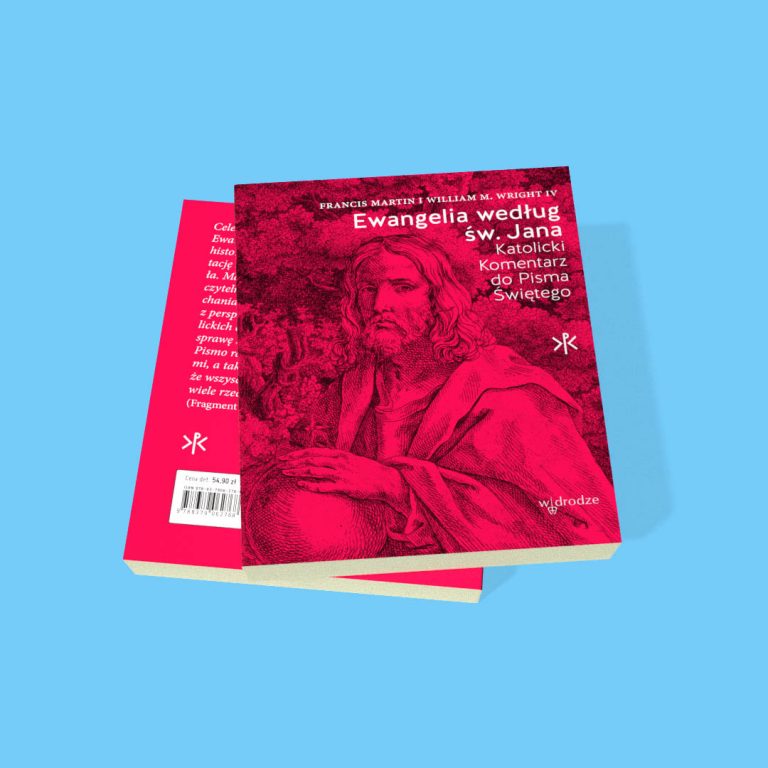
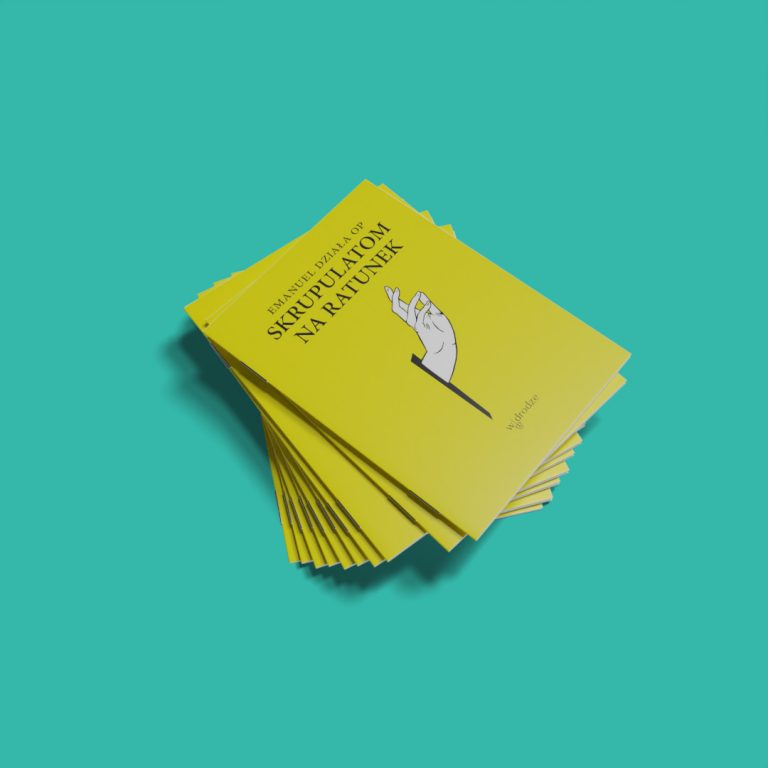






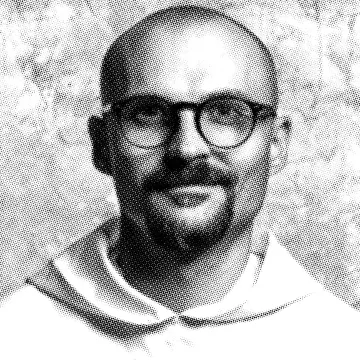

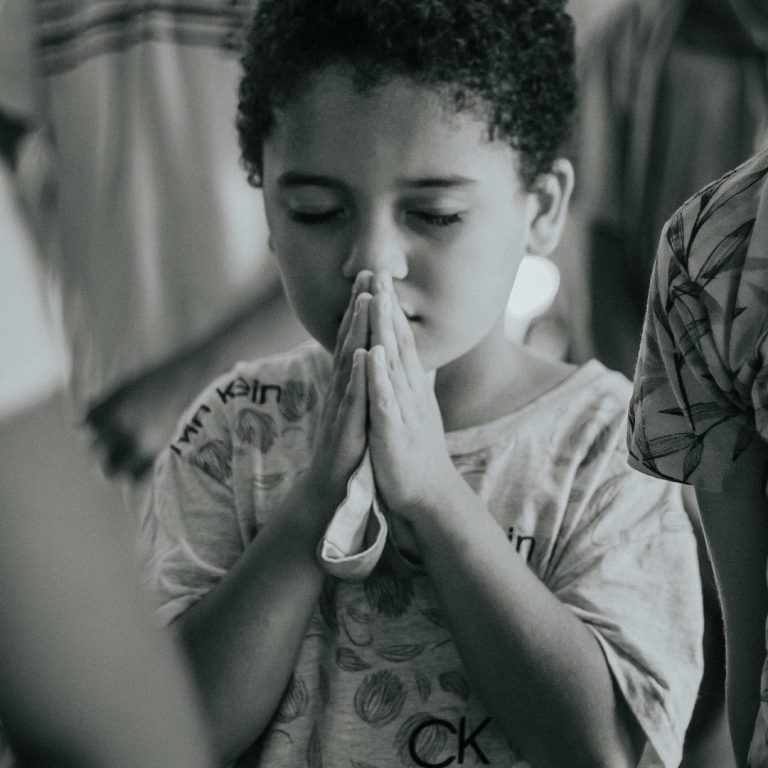


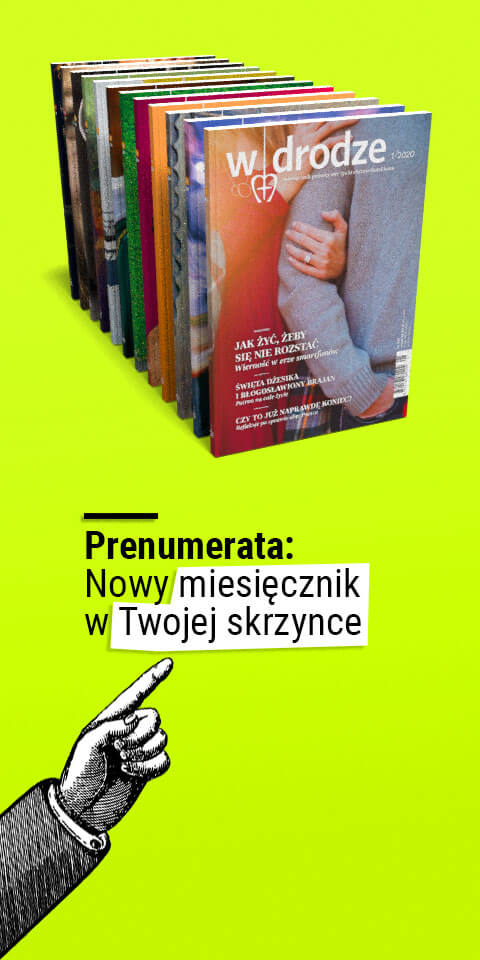
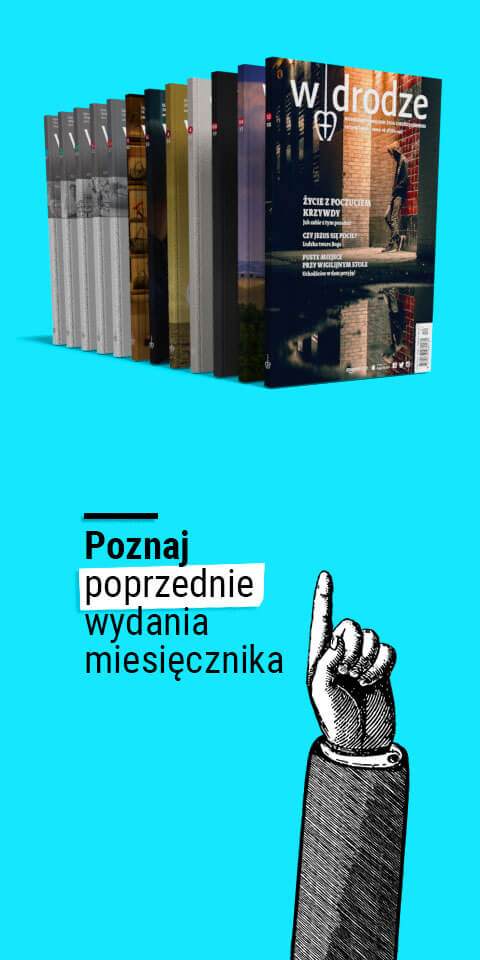
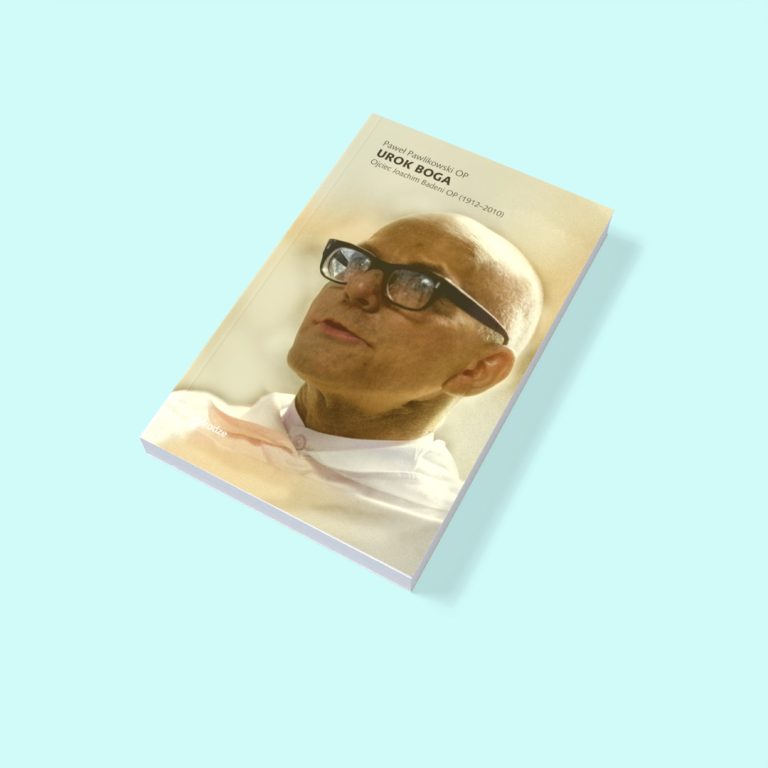
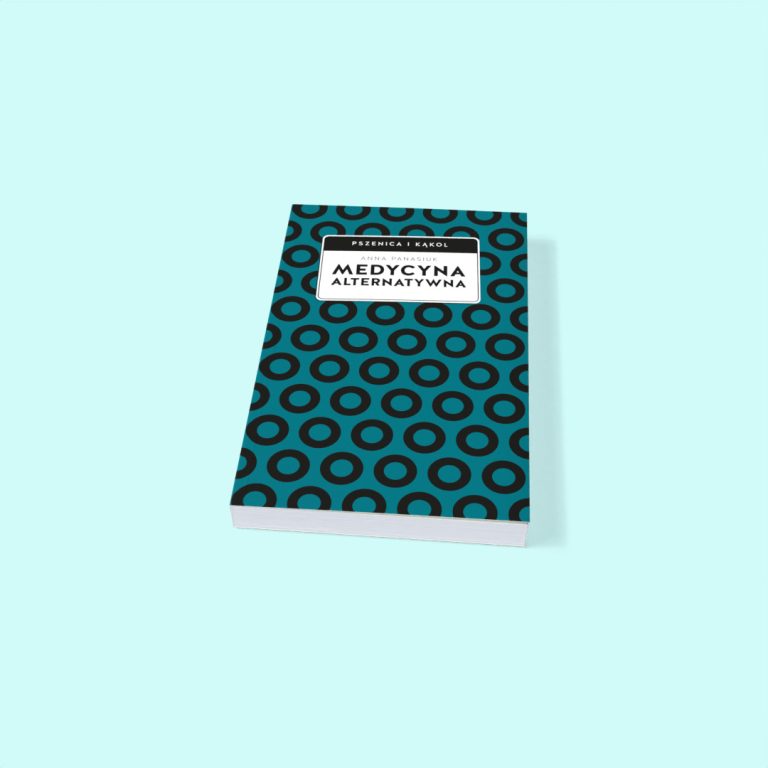
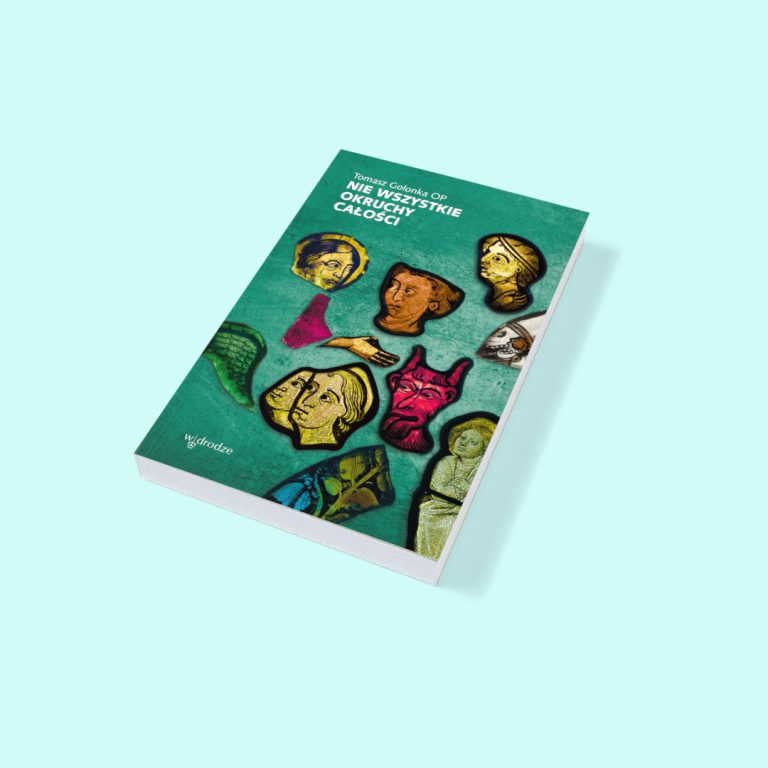
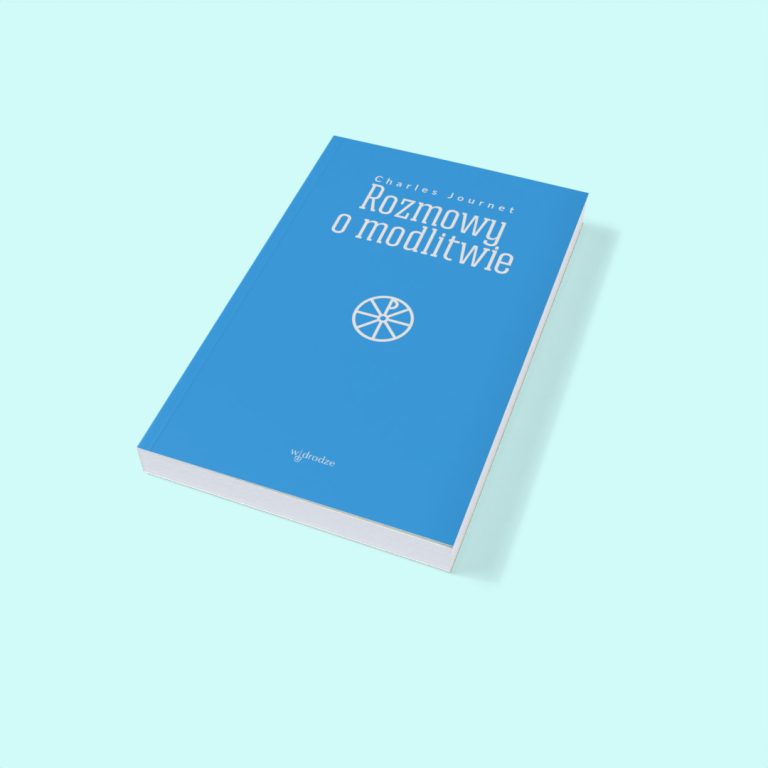
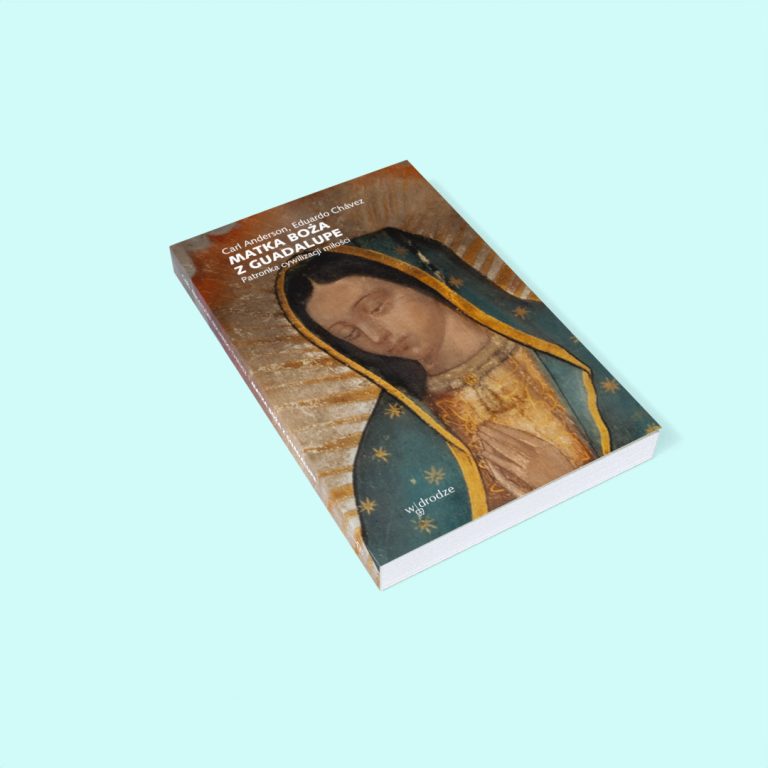
Oceń